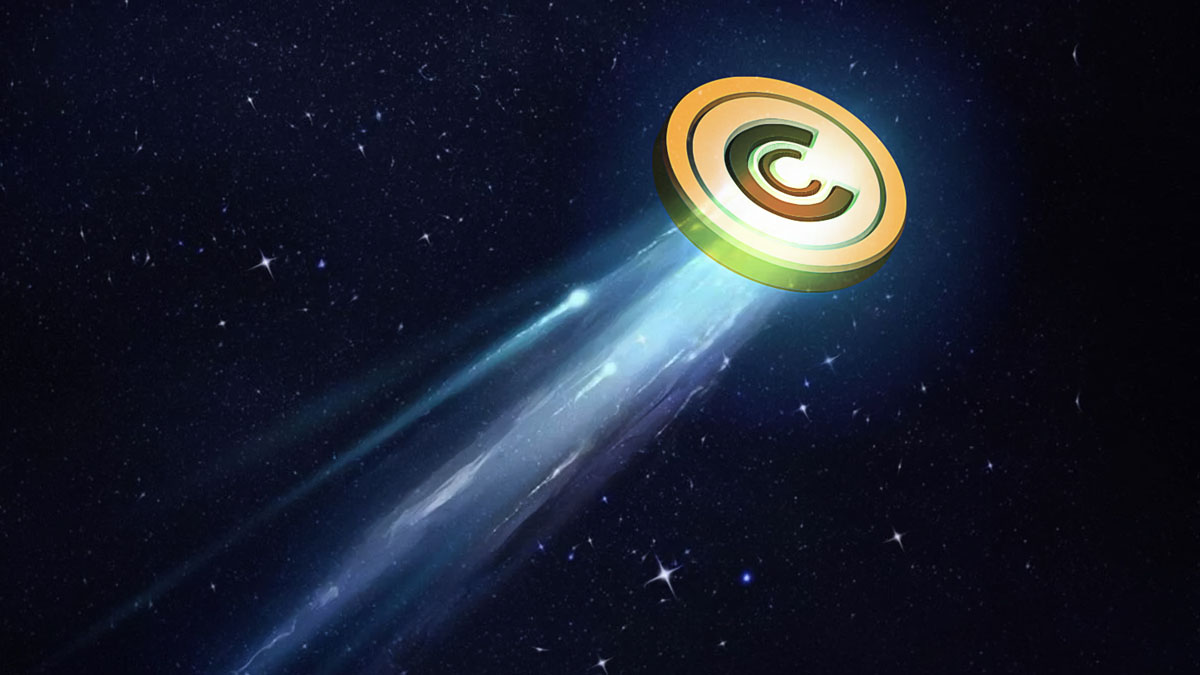Google has recently announced a groundbreaking advancement in quantum computing with the introduction of its latest processor, known as the Willow chip. This revelation has captured the attention of both enthusiasts and skeptics, suggesting a potential shift in the paradigm of computational capabilities. Google’s progress is a notable stride toward eclipsing classical supercomputers, marking a pivotal moment in the pursuit of quantum technology’s full potential. The implications of the Willow chip’s performance are already stirring discussions across multiple industries reliant on high-performance computing solutions.
What Exactly Has Google Accomplished?
Google claims that the Willow chip has achieved what is termed as “quantum advantage,” successfully completing a particular computation faster than even the most advanced classical supercomputers. Google asserts that replicating this computation with traditional machines would take significantly longer. This achievement marks the company’s second declaration of a quantum breakthrough, highlighting its relentless efforts in the forefront of quantum technology development.
Could This Redefine Current Technological Landscapes?
The announcement’s impact resonates throughout various technological sectors. Tasks previously deemed unreachable might now find feasibility, offering potential advantages to industries that depend heavily on swift data processing. Fields such as cryptography, material science, and complex systems modeling could witness profound enhancements in their analytical capabilities. Google’s spokesperson expressed,
“This advancement underscores the potential of quantum processors to tackle computational challenges that classical computers cannot easily solve.”
What Challenges Remain for Quantum Computing?
Despite this promising announcement, significant challenges must be addressed for quantum computing to see widespread adoption. Issues such as technical difficulties, system stability, and error rates during operations pose substantial hurdles. Furthermore, questions remain about infrastructure readiness to accommodate large-scale quantum computing tasks, prompting a need for extensive infrastructure development.
“We are continuously working to refine our technology and make it more accessible,” a company official noted.
Reflecting on Google’s claim, it becomes evident that the quantum computing field is rich with complexity and continuous evolution. The Willow chip’s achievements are captivating, but practical application of quantum technology demands sustained innovation and considerable investment. Analyzing Google’s advancements alongside competitors’ efforts will provide a comprehensive understanding of both potential and challenges in quantum endeavors.
As the quantum computing horizon advances, considerations surrounding ethics, security, and societal impacts are crucial for stakeholders. Google’s claim offers an exciting glimpse into the possibilities but also highlights the necessity for cautious optimism and strategic engagement.
Disclaimer: The information contained in this article does not constitute investment advice. Investors should be aware that cryptocurrencies carry high volatility and therefore risk, and should conduct their own research.

















 English (US)
English (US)